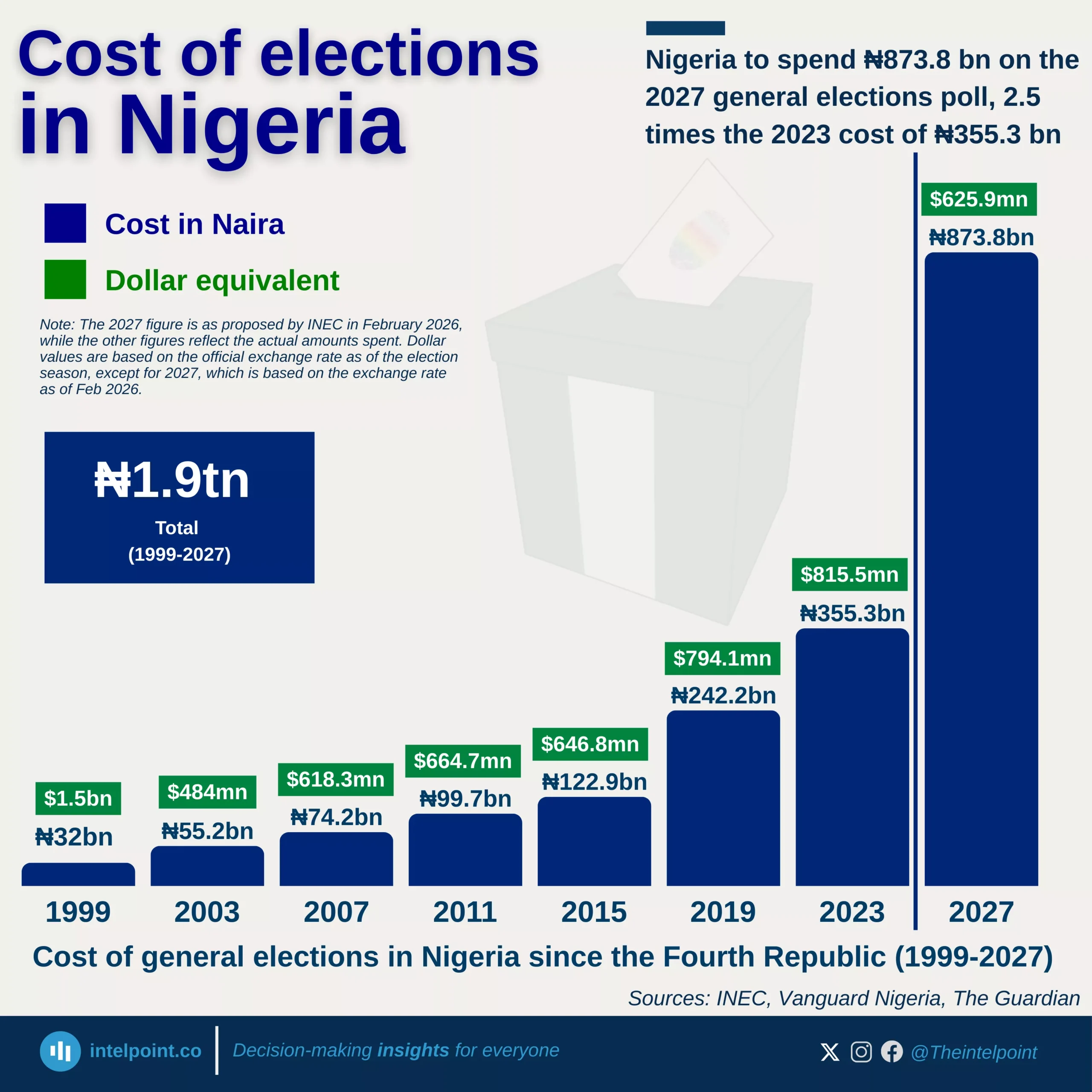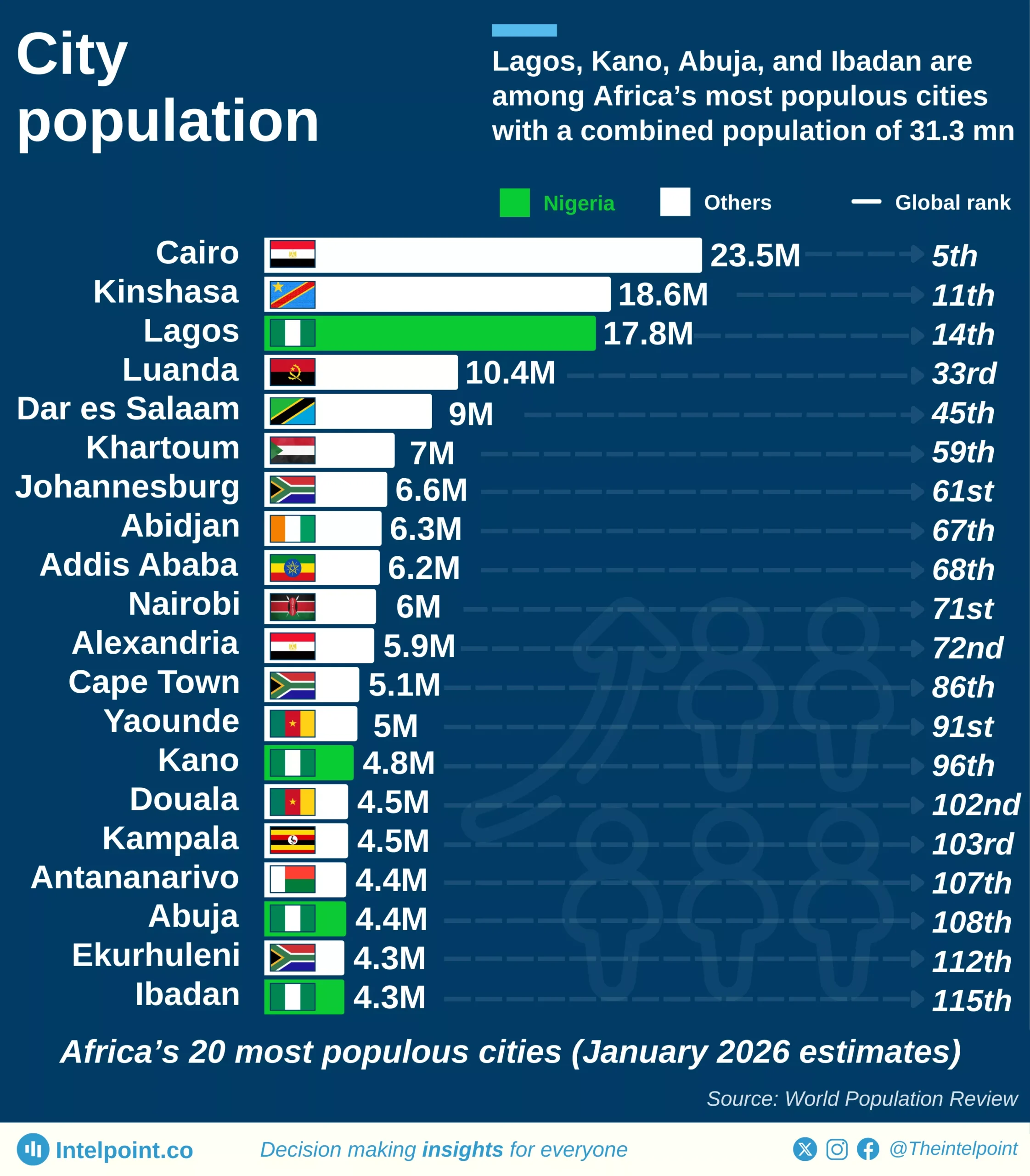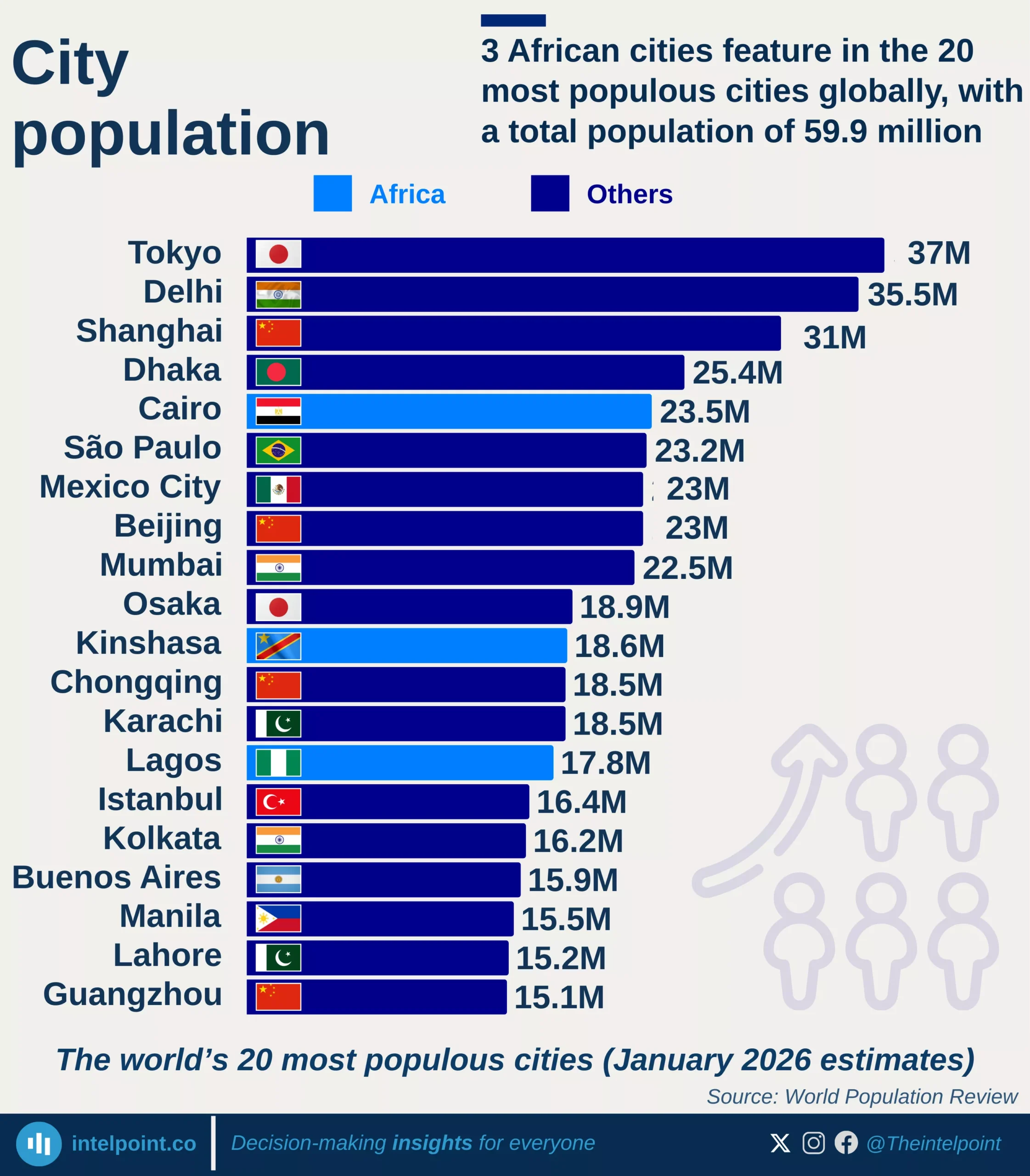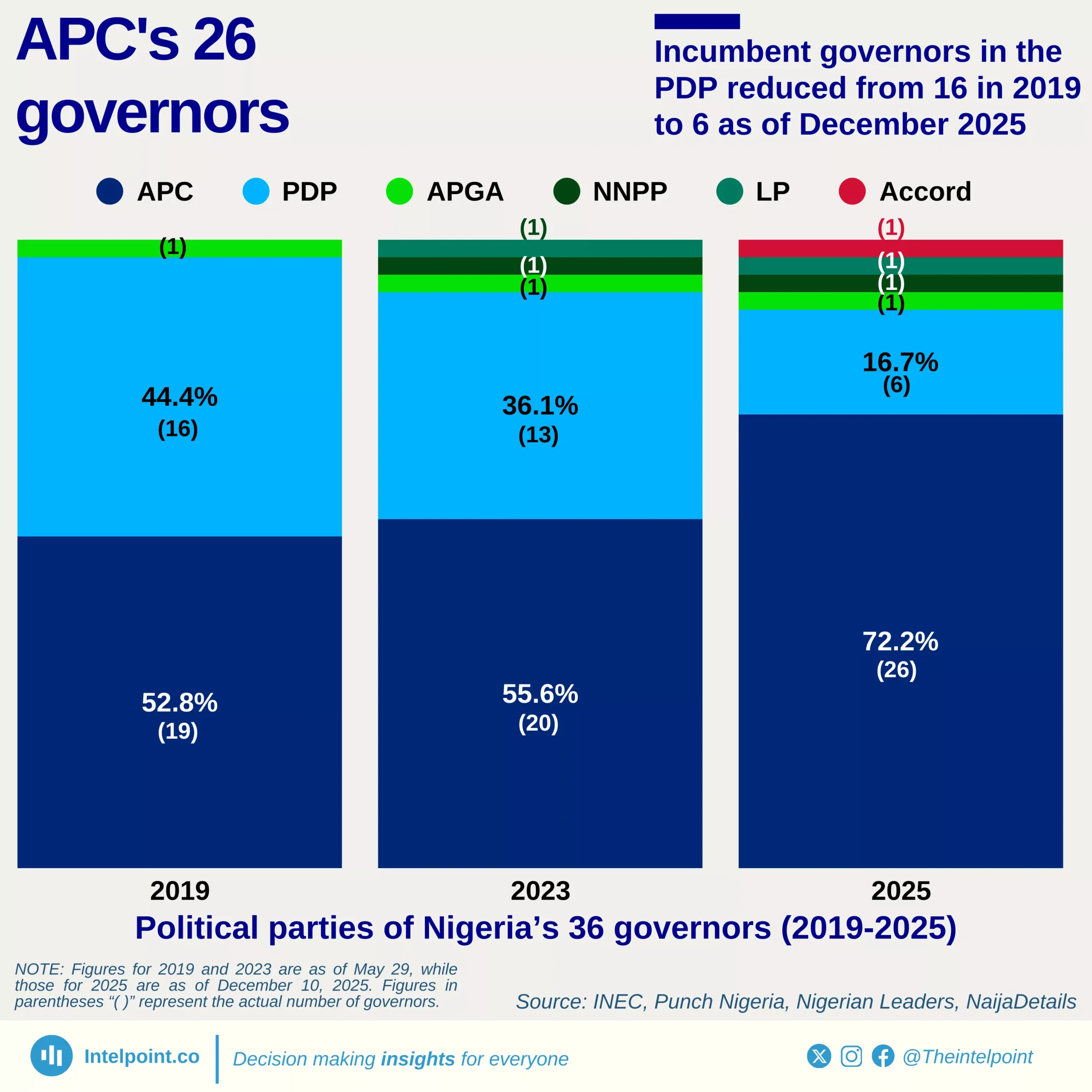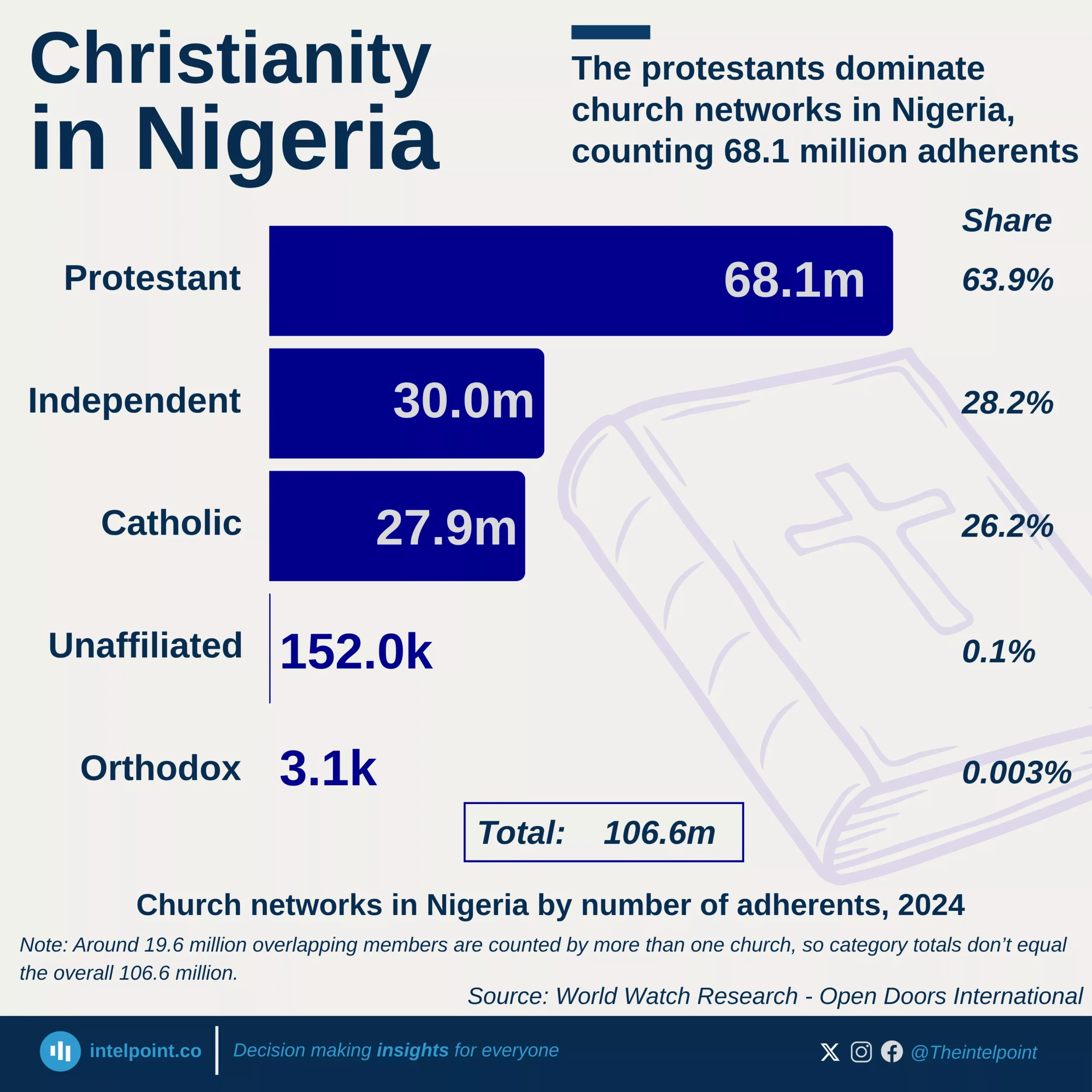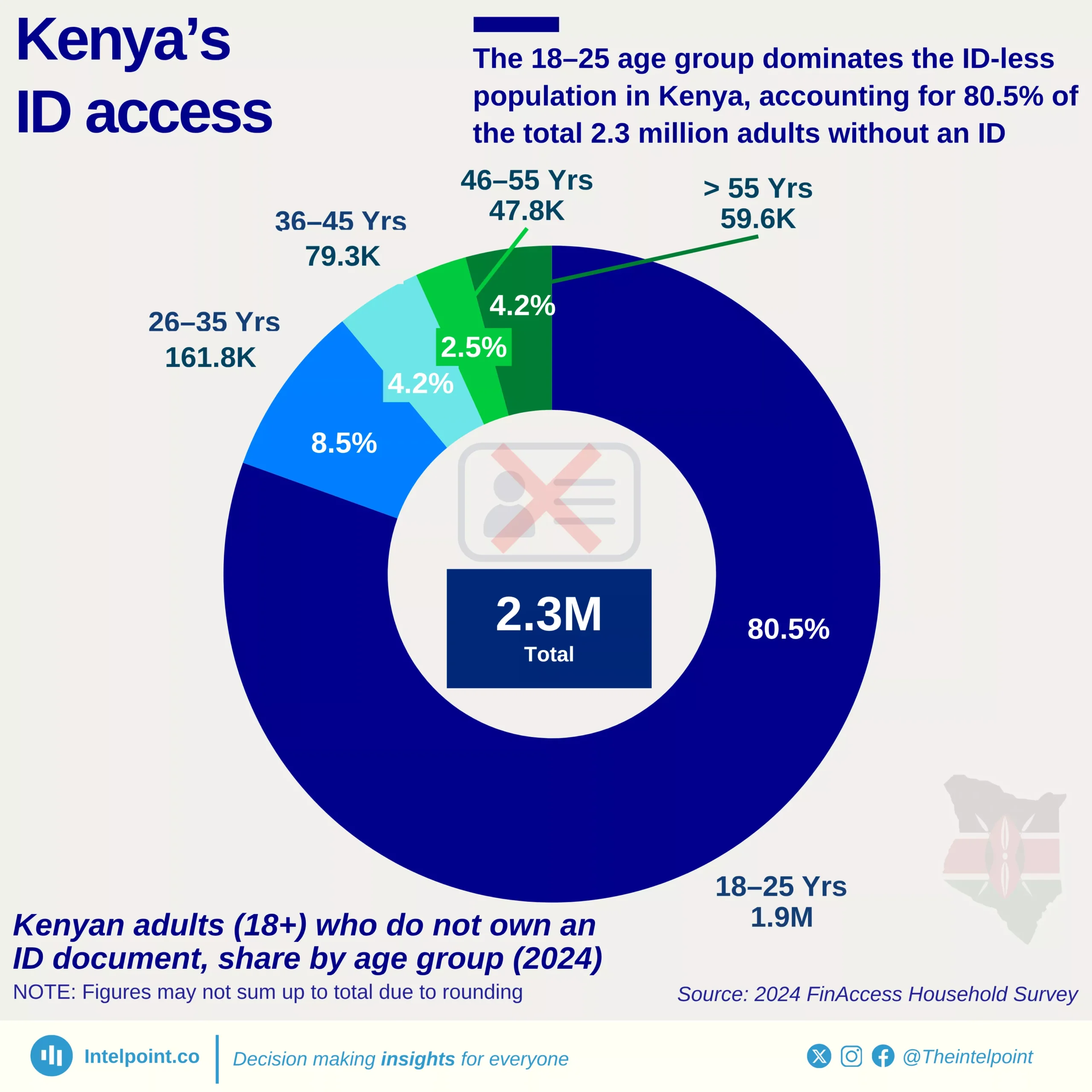Only 30.2% of the Nigerian population report having a birth certificate, and there are wide disparities on a zonal level. The North East has the country's lowest rate at 19.7%, compared with the 53.5% in the South West.
Overall, Northern zones fall below the national rate, while the Southern regions outperform the national rate.
